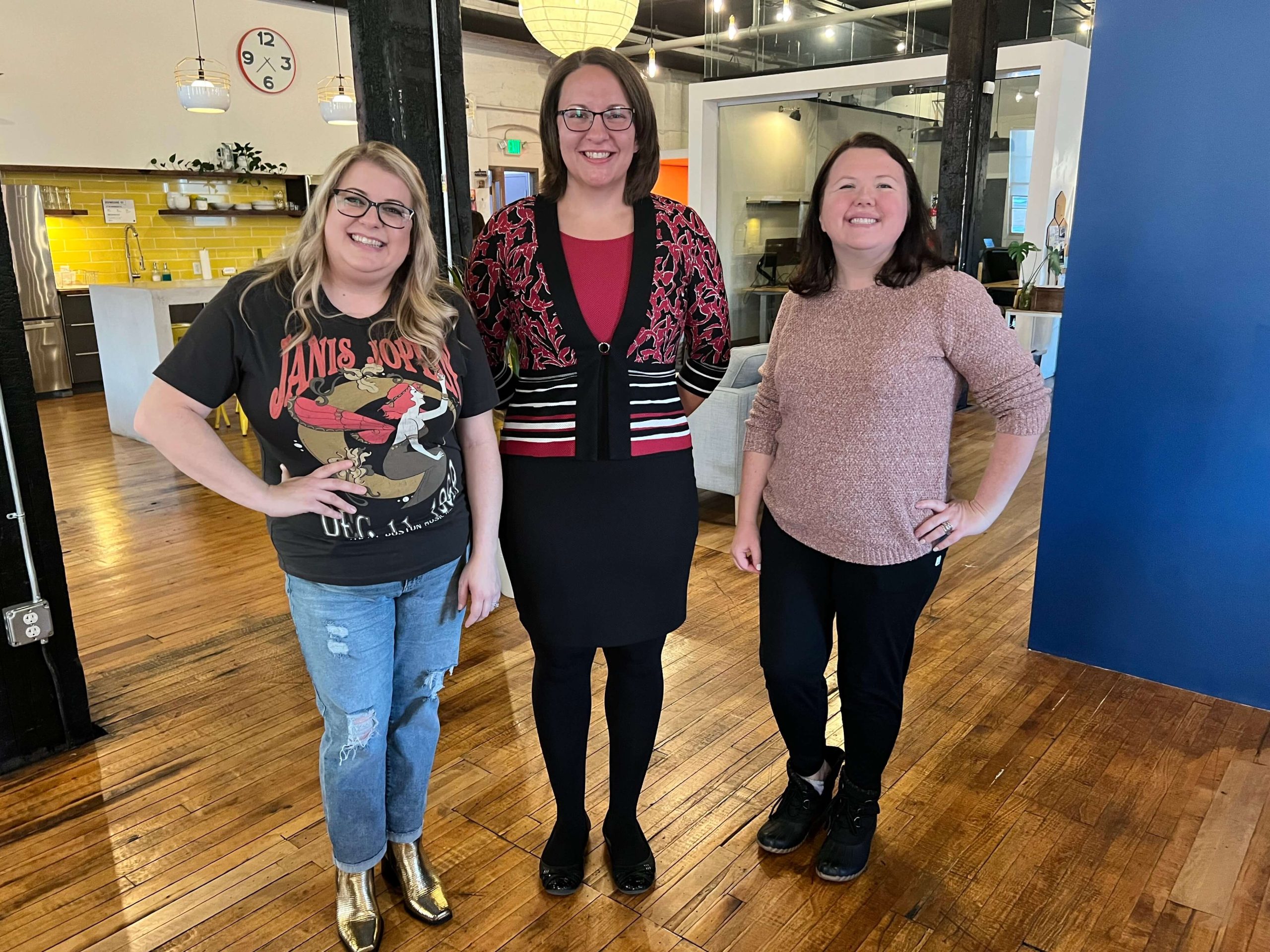Tom Mueller: Navigating the Unseen Realms of Death and Dollars in America’s Dialysis Industry
Ever wondered about the hidden secrets that are lurking behind the American dialysis industry? Did you know that the process of dialysis care alone brings in over 32 billion dollars a year, and yet it is evident that patients and families on dialysis are being neglected and placed on the backburner when it comes to their healthcare needs. Discussing his latest book, How to Make a Killing, Tom Mueller writes about the murky world of the American Dialysis Industry. He explains the two rival dominant providers of dialysis, Davita and Fresenius, and the very limited options patients have to advocate for better healthcare. Tom covers the flawed incentives and reimbursement policies in our American healthcare systems, while enabling dialysis giants to gain while their patients continue to suffer.

Tom originally took interest in writing about whistleblowing, and in the process of different areas of subject he stumbled upon the dialysis sphere. A massive and yet consolidated industry. When speaking to a group of whistleblowers on this matter, he learned about an astounding amount of wrongdoing in various ways, kickbacks, doctors, and wasted materials. How can there be so much money and stock in this industry? What started off as wanting to just be an investigative chapter for whistleblowing, rapidly outgrew into this book. Tom graduated from just speaking with whistleblowers to speaking to actual patients and that is when the realization of how serious this issue was, which led him to writing a book that uncovers what is happening in this industry, and inspires and influences people to speak up and make a change. “Workers are stuck in this system that ultimately values profit over patients, and when those get out of alignment, you get in big trouble as a patient” Tom says.

What originally started out in the late 80’s and early 90’s as small dialysis centers scattered all around the country, has slowly over time been eaten up by the larger corporations, a “Packman” effect if you will. Out of this process came two large industries, Davita Kidney Care and Fresenius Dialysis Care. These two companies control over eighty percent of patients in dialysis care here in America. Dialysis was the first and only major “Medicare for All” program in America since 1972, and since around that time the federal government has kept a very close, careful track of the industry and has created a database that tracks exactly what and how dialysis is provided, what patients are doing, etc. Environmentalists have done a deep dive analysis, while monitoring various factors on what happens to patients and at what level and type of care they receive when big companies buy out the smaller ones. When bought out, patients get worse care. These businesses ask themselves how can we get more patients through the “assembly line”, and focus their energy more on stock market and profits rather than the patients and quality of care being provided.
Tom says “if you look at their annual reports, how much incentives for pay for the major executives are determined by patient outcomes, none. How much is determined by the stock growth, a great deal.” This proves that these industries are very open about profit over patients, and claiming that this is a shareholder value issue, not a medical issue. These results for dialysis patients are not good.
Stockholders are motivated by bringing in more and how to get more, but this isn’t like other industries such as fast food or retail, these are real people. The disparity of care for low-income, people of color, people of different ethnicities, or others who don’t fall under private healthcare is the massive difference between government and state care and those who are privately insured. Those who are privately insured get the red carpet treatment, while those who are on government assistance get the bare minimum.Statistics show that private insured patients bring in three to ten times more money than public insured, proving that in the end humans tend to gravitate towards what is more profitable.
So what does this mean for other different ethnic communities such as hispanic, asian or people of color? It means that the burden of healthcare is disproportionate on them, which is a given fact. Across the board, it is proven that neighborhoods of color have much worse outcomes and conditions in which they live. This is a perfect example of how the American healthcare system is skewed towards wealth and caucasian Americans.
You need dialysis to survive, and many feel helpless and the need to “behave” in order to get proper treatment. What happens when people try to advocate for themselves? Even if done right, people are vulnerable and it is painful. People are afraid of retaliation or consequences for speaking up. You may be asking yourself, what outcomes and solutions are there for patients dealing with this situation? What are the reforms? Tom says “ First and foremost, dialysising at home. On your own time, that allows you to have the ability to personalize your treatment at the length and speed that is best for you as the individual. This is not a ‘one size fits all’ solution. Since the 60’s it has been recognized that dialysis at home allows people to get more control of their lives. The longer, gentler, and slower the dialysis, the healthier it is for you. By doing this, it eliminates that suffrage of rushing.”
There are other potential curves on the horizon for better dialysis care, such as preventative medications that will make dialysis obsolete. It’s critical to educate people that an average of 37 to 40 million Americans have some level of kidney disease, and only about 10 percent of people know it. Preventative medications are essential especially in parts that are critically low, such as brown and black communities.
Dr. Katherine Tuttle quotes “We need to bring chronic kidney disease into the limelight of American culture and get people talking about it the way we talk about breast cancer, or heart disease. Things we do marches and raise our voices for.” This is a massive health risk that everyone needs to be talking about. The main drivers for kidney disease are hypertension, diabetes, and obesity. All three of these run rampant in American society, so everyone is at risk. With past anti monopoly laws, and believing they aren’t a good thing, we need to practice what we preach. We’ve allowed this monopoly that has had a serious impact on the market that in previous times we fought so hard to avoid, we need to look at whether these choices make sense, and why or why not. Awareness and addressing issues at the forefront is the best way to create change and resolve the challenges that arise in the American dialysis industry. Drive for change, one town hall at a time.
You can find Tom Mueller’s book “How to Make a Killing: Blood, Death, and Dollars in American Medicine” at Auntie’s Bookstore and Barnes and Noble in Spokane, as well as listen in on his discussion panel with Northwest Passages at the link below.
Shaye Hubbard
Shaye Hubbard is the Content Strategist for Trending Northwest, and is a 2022 Spokane Falls graduate with a degree in Digital Marketing and Social Media Design. She dedicates her efforts to creating compelling content and producing written narratives that can extend beyond mere entertainment, diving into stories that truly matter. Shaye is a major foodie, is passionate about stepping out of her comfort zone, and loves to get crafty. When she is not busy being a mom to her three children, she likes to spend her free time exploring everything our region has to offer, and has an exciting taste for any new adventure.







